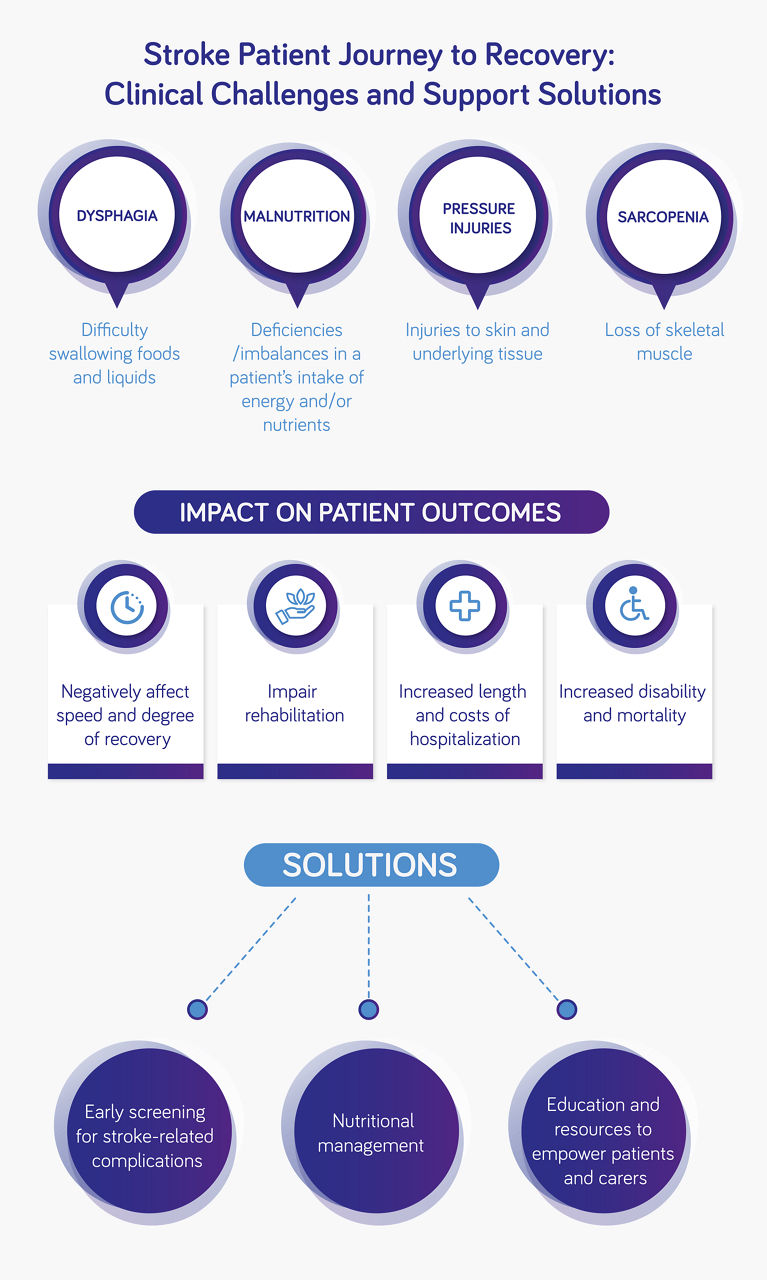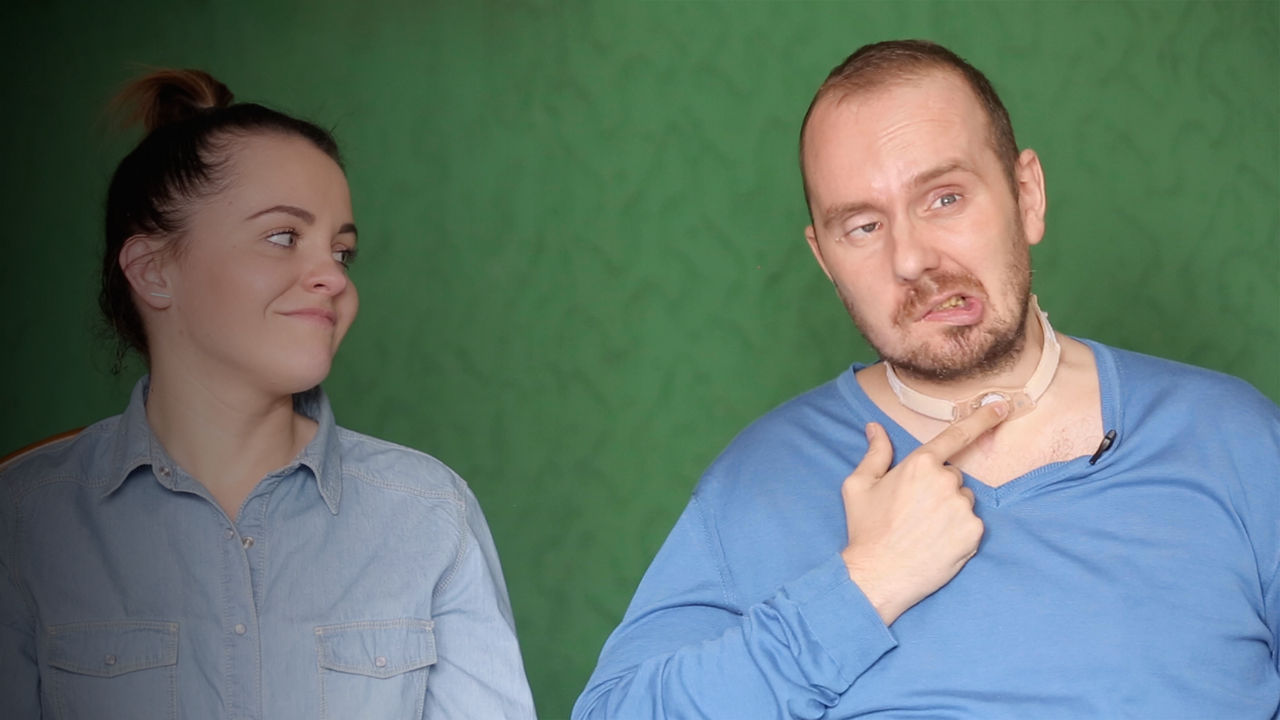Better care for stroke patients
Guidelines recommend that patients who have had a stroke are treated in a specialized stroke unit by a dedicated team. In turn, treatment and screening for complications should be initiated as quickly as possible after onset of symptoms, but this does not always happen. Earlier this year, Nutricia joined the Angels Initiative to contribute to better care for stroke patients, especially those who have swallowing difficulty The Angels Initiative optimize the quality of care for stroke centres across the world, and already works with over 4000 such units and almost 50 000 doctors, nurses and emergency medicine professionals worldwide. registered in the initiative worldwide.
With Nutricia’s support, the Angels Initiative now incorporates education modules, guidelines and methodologies for dysphagia screening and nutritional management, co-created with neurologists, nurses, speech and language therapists, chefs and carers. So far, Nutricia and the Angels Initiative have held education webinars in ten countries including Spain, Italy, Portugal, Poland, Czech Republic, Hungary, Ukraine, Russia, Argentina and Brazil.





